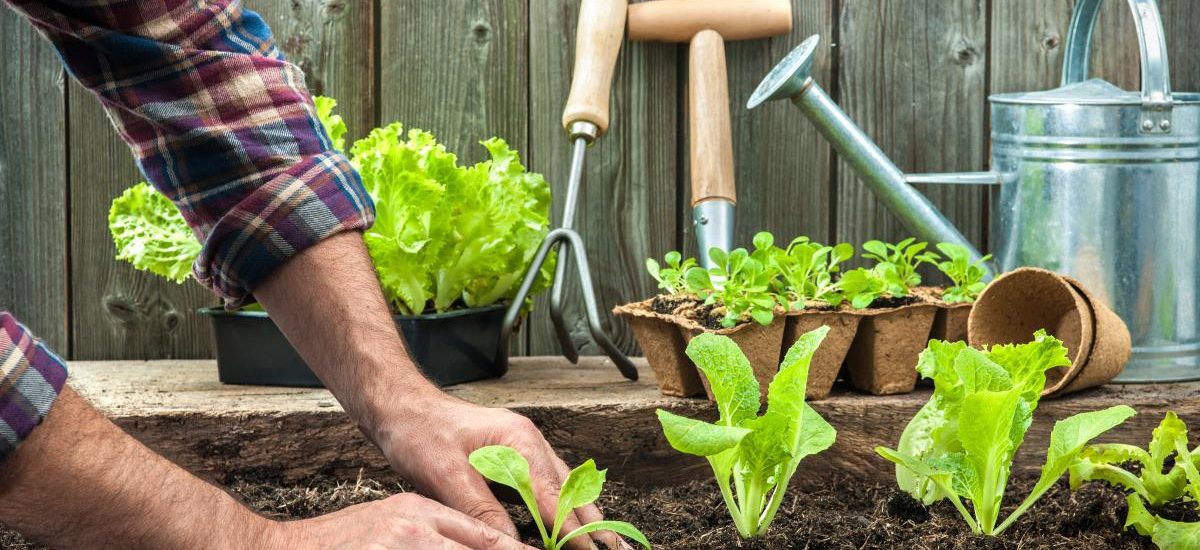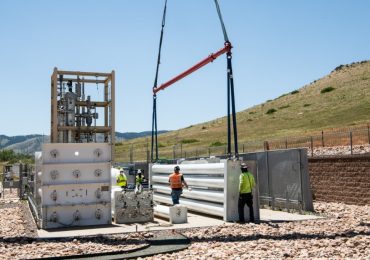American and Brazilian researchers evaluated the possibility of elevated carbon dioxide (CO2) concentrations reducing the negative effect of drought on physiological parameters and the growth of Manihot esculenta (cassava). They reported their findings in an article published in the journal Archives of Agronomy and Soil Science.
- The researchers grew cassava with 390 ppm or 750 ppm of CO2 under either well-watered or water-deficient conditions.
- They conducted the experiment in a climate-controlled greenhouse using 14-liter pots for 100 days.
- The researchers found that for any value of fraction of transpirable soil water (FTSW), carbon assimilation was always higher for plants grown in the presence of high CO2 concentrations.
- Elevated CO2 levels reduced the negative effect of drought on plant transpiration, water use efficiency, all growth measures and harvest index.
- High CO2 levels also increased the dry matter content of the tuber roots (DMTR) of well-watered plants by 17.4 percent.
- Meanwhile, the DMTR of plants grown under water-deficient conditions were 124.4 g and 58.9 g for plants grown under elevated and ambient CO2, respectively.
- This shows that elevated CO2 levels increase the production of tuberous roots, especially when cassava is grown under water-deficient conditions.
Based on these findings, the researchers concluded that cassava tuber production is not affected by changes in precipitation that accompany high atmospheric CO2. Increasing CO2 levels can also improve cassava root production despite the presence of very small amounts of water.
Leave a comment









